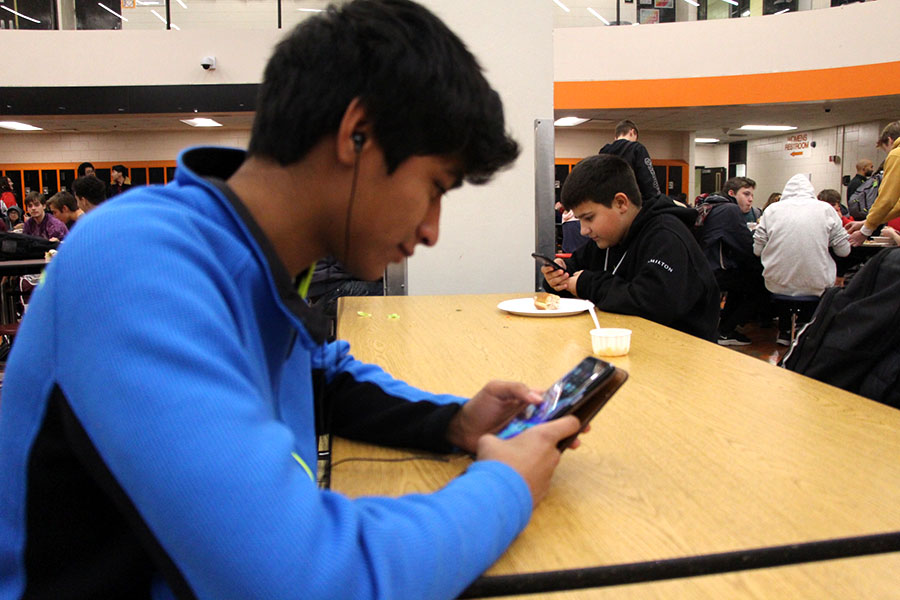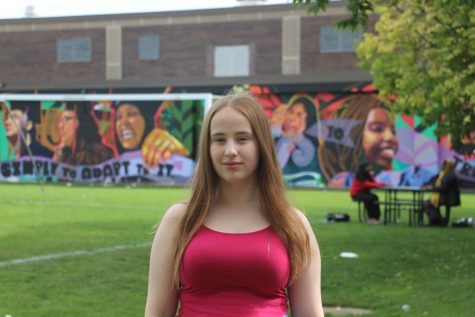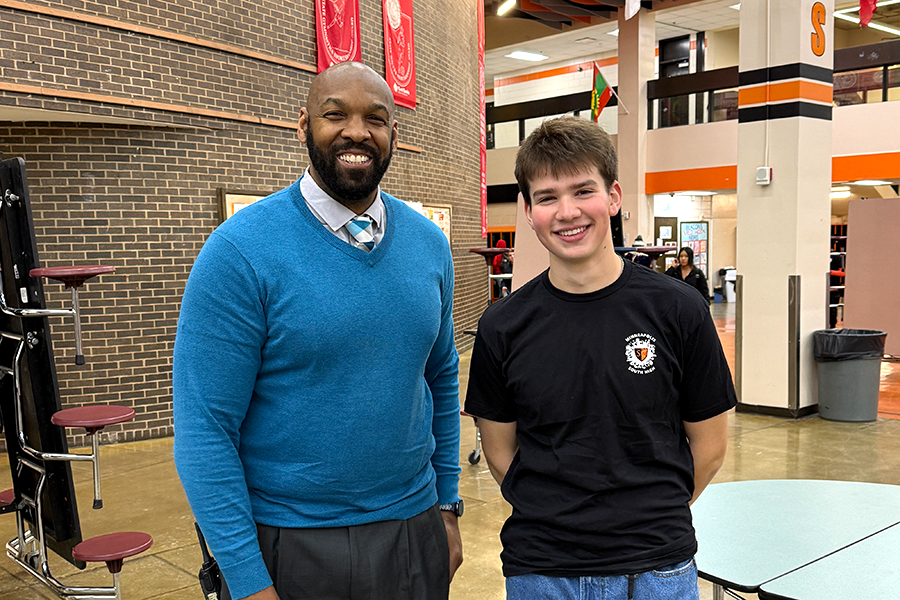The rising role of social media in activism
Teens spend an average of 9 hours a day looking at screens, according to a report by Common Sense Media. How does activism play into the constant, fast-paced world of social media?
December 13, 2019
Social media is an increasingly influential part of our society and our world. Especially for Generation Z, with less and less young people reading and watching the news, the youth relies on social media to bring us information and notify us about the current events happening in our world.
Activists have utilized social media to widespread awareness about topics important to them and others, and use social media to organize protests and events in the real world. But how effective is it really?
Social media is a very efficient tool in the dissemination of information about ways we can take action offline, whether that be in the form of having conversations with people face to face, to attending political events such as protests.
On September 20, a large crowd of students from South walked out of school to fight for environmental justice. With a turnout of around eight thousand people, a large amount of the success of this event can be attributed to the spread of information via social media, as many South students were informed through the MN Climate Strike Instagram page, which has 2,481 followers.
Nathalie Jenson is a 9th grader at South who found out about the climate strike through social media. “I think it (social media) is effective, because I know that I wouldn’t have known about any of the walk-outs without it, so I wouldn’t have gone to any of them, which I’ve gone to a lot.”
An example of social media activism is online petitions, which have proven to be effective tools for creating social change in the past, especially when petitions appear on social media and only take a matter of minutes to sign.
It’s the same thing with Hashtags, they can be beneficial for raising awareness on an issue. For example, the #BlackLivesMatter tag raised awareness on police violence against black people through social media sites like twitter, with many celebrities and politicians chipping in. Additionally, the #MeToo movement shed light on sexual harassment.
But it’s hard to measure how well things like petitions and hashtags apply to the situation in the real world past our fingertips.
One of the downsides of social media activism is the fast-moving pace of information. When people, mainly teens, see someone post about something they automatically believe it because social media doesn’t have any room for readers to stop and think, let alone do their own research about it. Critics of social media argue that people are only learning one side of the story, and makes society overall more biased or ignorant.
Jenson stated, “You should learn about a topic and then post about it, because I’ve seen some false information when people post stuff on their story because they just think it’s true, but some of it’s not. A lot of times it doesn’t actually help, and they’re just saying things to say stuff.”
Frauenheim Danke, a senior at South, also spoke upon the issue of false information. “My friends care about political stuff, but a lot of times some of them don’t know what they’re posting. I feel like it’s important to know what you’re actually posting and actually have the background understanding of it. For me, I don’t always believe social media.”
There’s also the downside of laziness and non-commitment to trying to create change: the term “slacktivism” refers to when young people discover an issue in our world through a post on Instagram or a Tweet, and are quick to spread the message by reposting or retweeting, but not putting any effort in trying to create change.
One example of this was last June, when users turned their profile pictures blue to show solidarity with the ongoing humanitarian crisis happening in Sudan. It was to further spread the #IStandWithSudan and #BlueForSudan tags. While the hashtags helped to raise awareness, it’s hard to measure how just changing one’s profile picture helps people suffering across the world.
Still, Frauenheim Danke argues that social media activism has a generally positive impact. “We’re going through a lot throughout the day, and I feel like we tend to forget what’s going on, so I kind of like that people post about things that are important. It’s kind of like a wake-up call… then you can recognize how you can help as a person too.”






